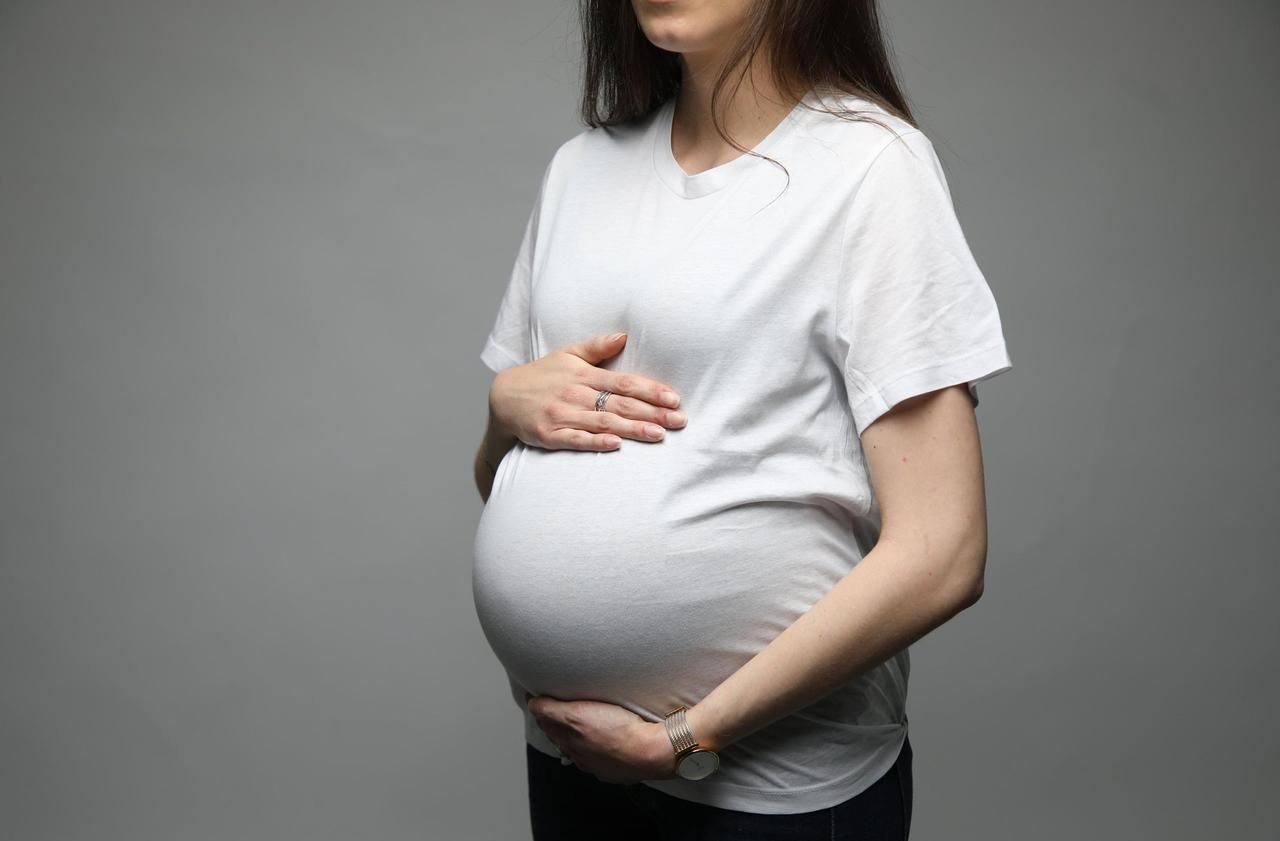Some contraceptives can delay the return of fertility.
Women sometimes even fear that the pill will affect their fertility.
A recent study published online on the British Medical Journal website provides reassuring answers.
It reveals that some women can wait up to eight months before becoming pregnant, after stopping contraceptives, with a variable delay depending on the method used.
On the other hand, do not worry: the duration, short or long, of contraception does not change anything.
Anyway, it takes an average of seven months, all ages combined, to achieve pregnancy, according to the National Institute of Demographic Studies (INED).
An average of three cycles for the pill
But how does the contraceptive method, once stopped, influence this delay?
American and Danish researchers looked into this question and conducted a large survey on the impact of different contraceptive methods on 18,000 women who planned a pregnancy between 2007 and 2019, and followed for a year.
All used a means of contraception (38% the pill, 31% condoms, 12% an IUD, implants, rings, injection of hormones…), before wanting a child.
On average, 56% of women became pregnant within six months of stopping contraception, 77% within twelve months.
But those who used injectables (one administration of progestins every 12 weeks) waited between five and eight cycles to regain normal fertility.
For those who had chosen contraceptive patches, this delay was, on average, four cycles, those who took the pill or vaginal rings became pregnant after three cycles.
Finally, IUD users waited on average for only two cycles after removing the intrauterine device.
When to worry
Finally, these methods of contraception do not have lasting effects.
A few menstrual cycles are enough for ovulation to recover for the majority of women.
And besides, nothing prevents trying to have a baby in the first cycle.
But when should you worry if a pregnancy does not come despite stopping contraception?
“The chances of obtaining a pregnancy per cycle are 25% at 25 years, and 5% at 38 years, explains Dr. Martine Valière, sonographer in Paris, specialist in fertility assessments.
It is legitimate to wait a year, at 25, before consulting an infertility specialist if you cannot get pregnant, but no more than six months at 35, so as not to waste time.
"

